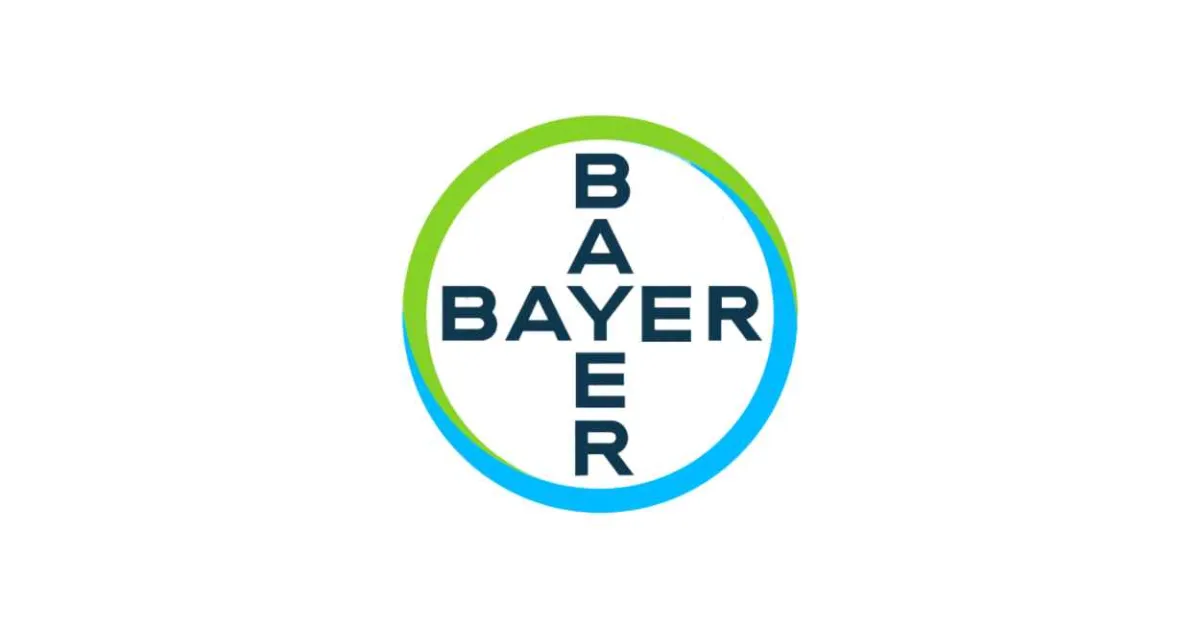Bayer has acquired the exclusive marketing rights for acoramidis in Europe from Eidos Therapeutics Inc., BridgeBio International GmbH and BridgeBio Europe B.V.. Acoramidis is a highly potent and selective small molecule, orally administered transthyretin (TTR) stabilizer for the treatment of patients suffering from ATTR CM, a progressive fatal disease presenting as an infiltrative, restrictive cardiomyopathy resulting in heart failure. In a placebo-controlled Phase III study in ATTR CM, acoramidis met all clinical endpoints by significantly reducing hospitalization burden, improved survival and preserved functional capacity and quality of life for patients in need.
Marketing authorization application (MAA) with the European Medicines Agency (EMA) was filed in January 2024, after announcing that acoramidis successfully met the primary endpoint in the pivotal Phase III trial, confirming highly statistically significant efficacy and good tolerability in the trial population. New Drug Application (NDA) for acoramidis has also been submitted to U.S. Food and Drug Administration (FDA) and accepted with Prescription Drug User Fee Act (PDUFA) action date of November 29, 2024.
“Bayer has a clear vision to transform cardiovascular care for patients and acoramidis complements our portfolio in specialty cardiology,” said Juergen Eckhardt, M.D., Member of the Executive Committee of Bayer’s Pharmaceuticals Division and Head of Business Development, Licensing & Open Innovation. “As a leading player in the field of cardiovascular diseases, we will work to make this new treatment available to patients as soon as possible, after a positive decision by the European authorities.”
“We are excited to have found a like-minded partner in Bayer that shares our belief in the potential of acoramidis to ameliorate the lives of ATTR CM patients. We have a responsibility to the ATTR CM community to make acoramidis available to as many patients as possible, as quickly as possible, and we believe that Bayer is the right collaborator for us in this mission,” said Ananth Sridhar, Senior Vice President of Corporate Development, BridgeBio Cardiorenal. “This partnership leverages Bayer’s established European cardiovascular infrastructure and enables us, via substantial cost savings, to focus our resources on our wholly-owned geographies for acoramidis, including preparing for the US launch.”
Under the terms of the agreement, BridgeBio and the affiliates will receive up to USD 310 million in upfront and near-term milestone payments and are eligible to receive additional undisclosed sales milestone payments and tiered-royalties beginning in the low-thirties percent.
ATTR CM is a progressive and fatal disease in older adults, characterized by the deposition of misfolded monomeric TTR in the heart caused by aging or mutations of the TTR gene. It results in an infiltrative, restrictive cardiomyopathy leading to heart failure, usually with preserved ejection fraction. The disease is often diagnosed late, when the accumulation of amyloid has already occurred, and patients are symptomatic. Once diagnosed, ATTR CM patients have a median survival of 3-5 years if left untreated.
Acoramidis is an investigational, next-generation, orally administered, highly potent small molecule stabilizer of TTR which has met the primary endpoint (a hierarchical analysis prioritizing in order: all-cause mortality, then frequency of cardiovascular hospitalization, then change from baseline in N-terminal prohormone of brain natriuretic peptide (NT-proBNP), then change from baseline in 6-minute walk distance (6MWD)) in the pivotal Phase III trial. The US FDA has accepted BridgeBio’s NDA for acoramidis for the treatment of ATTR CM with a PDUFA action date of November 29, 2024; additionally, the EMA has accepted the MAA for acoramidis with potential EU approval planned for 2025.














